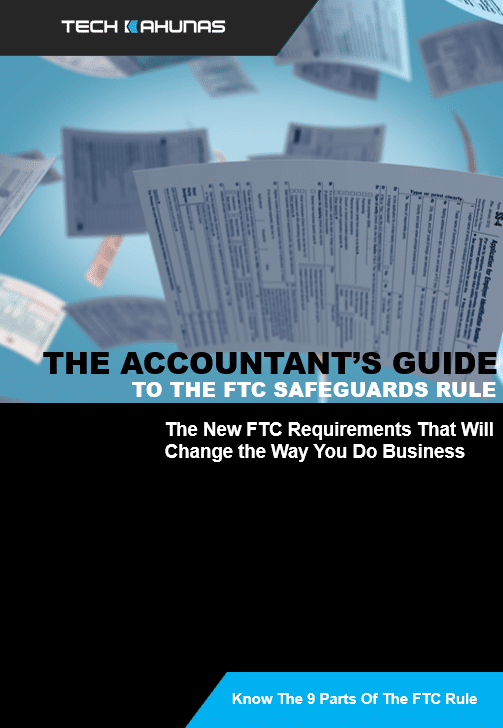In today’s digital age, online shopping enables your customers to browse and purchase from the comfort of their own home. E-commerce continues to thrive.
However, as a business owner who operates an online store, this convenience comes with your responsibility of ensuring secure transactions for your customers. In this blog post, I’ll delve into essential practices for business owners to guarantee secure online shopping experiences for their customers.
1. Embrace HTTPS for Secure Connections
When it comes to safeguarding sensitive data during online transactions, the significance of HTTPS cannot be overstated. Hypertext Transfer Protocol Secure (HTTPS) encrypts data exchanged between a user’s browser and the website they’re visiting, shielding it from potential eavesdropping or tampering by malicious actors. As a business owner, it’s imperative to ensure that your e-commerce platform employs HTTPS protocol across all pages, particularly those handling payment information. Customers should feel confident knowing that their data is encrypted and protected from interception.
2. Make Clear To Your Customers That They Should Maintain Browser Security with Regular Updates
Cyber threats are constantly evolving, and so too must defenses against them. As a business owner, you must make clear to users that they should prioritize the security of their online shopping by keeping their web browsers up to date with the latest security patches and updates. This recommendation could be presented as a warning on the shopping cart pages. Outdated browsers are vulnerable to exploitation by cybercriminals seeking to exploit known vulnerabilities. By promptly applying patches and updates, your customers can fortify their defenses against emerging threats and ensure a safer online shopping experience.
3. Implement Strong, Complex Passwords
Your customers’ passwords play a pivotal role in deterring unauthorized access to sensitive accounts and data. As a business owner, it’s imperative to enforce robust password policies across your e-commerce platform, including requirements for length, complexity, and regular password changes. Encourage customers to create strong, unique passwords and consider implementing multi-factor authentication (MFA) for an added layer of security. Additionally, refrain from using default or easily guessable passwords for administrative accounts, as these pose a significant security risk.
Conclusion
In the ever-expanding digital marketplace, ensuring the security of online transactions is paramount for business owners looking to build trust and credibility with their customers. By adhering to best practices such as maintaining separate finances, implementing HTTPS, keeping browsers up to date, and enforcing strong password policies, entrepreneurs like you can enhance the security posture of your e-commerce platforms and instill confidence in your clientele. Ultimately, prioritizing security not only protects sensitive data but also fosters long-term success in the competitive world of online business.



 Get your CPA firm aquainted with new FTC rules.
Get your CPA firm aquainted with new FTC rules. 




